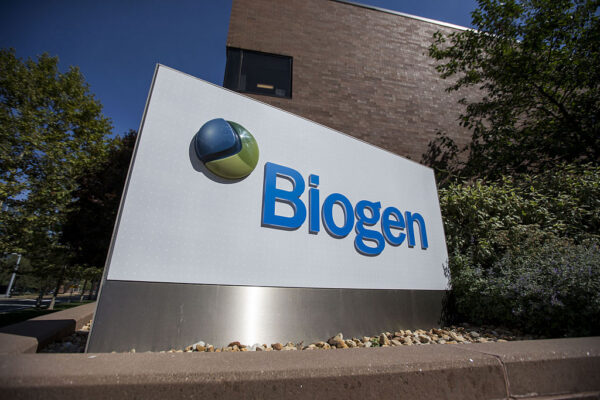
Multiple sclerosis drugs continue to make up the biggest chunk of Biogen’s total revenue, but Fampyra is the smallest contributor from this franchise. Soon it won’t contribute at all. Biogen, which is working to diversify beyond MS, is terminating its partnership on the drug, whose rights will revert to its developer, Acorda Therapeutics.
Biogen holds the rights to market Fampyra outside of the U.S. under a 2009 collaboration struck up prior to the drug’s 2010 FDA approval. Acorda receives royalties from Biogen’s sales of the drug. Pearl River, New York-based Acorda holds U.S. rights to the product, which it sells under the brand name Ampyra.

With the Rise of AI, What IP Disputes in Healthcare Are Likely to Emerge?
Munck Wilson Mandala Partner Greg Howison shared his perspective on some of the legal ramifications around AI, IP, connected devices and the data they generate, in response to emailed questions.
Fampyra/Ampyra is a small molecule designed to block potassium channels. While the way this provides a therapeutic effect is not fully understood, clinical testing showed that patients treated with the twice-daily tablet demonstrated faster walking speeds compared to those given a placebo. The drug is approved for improving walking in adults with MS.
Ampyra generated $72.9 million in 2022 revenue, a 13% decline from the prior year, according to Acorda’s annual report. Sales have been sliding since generic versions of the drug entered the market in 2018. For Biogen, Fampyra’s sales peaked at $105.2 million in 2021, according to the company’s financial reports. In 2022, the drug’s sales slipped to $96.6 million. Acorda’s annual report notes the molecule faces pressure from generic competition outside of the U.S. as well.
In a Thursday regulatory filing, Acorda said it received Biogen’s written notice of the termination on Jan. 8. The filing states that Biogen exercised this right “in order to shift resources towards upcoming launches and programs that align with its priorities.” The neuroscience drugmaker, led by new CEO Chris Viehbacher, has two new revenue-generating products in its portfolio. Last May, the FDA approved Qalsody as a treatment for amyotrophic lateral sclerosis driven by the rare SOD1 mutation. Months later, Biogen agreed to the $7.3 billion acquisition of Reata Pharmaceuticals, which earlier in the year won the first FDA approval of a drug for the rare neuromuscular disorder Friedreich’s ataxia.
Speaking Monday in a fireside chat during the J.P. Morgan Healthcare Conference in San Francisco, Viehbacher characterized the declining revenue of Biogen’s MS franchise as a “melting iceberg.” He said the company’s objective is to return to growth, shifting the company from a reliance on its MS drugs and toward new growth drivers. Last month, a European Medicines Agency committee recommended the granting of marketing authorization for Skyclarys, the Reata Friedreich’s ataxia drug that analysts have said offers the potential for blockbuster sales.
“Now I think we’re actually well-positioned to return to growth, and I think we’re in a much better place than we were a year ago,” Viehbacher said.
Biogen’s termination of its Acorda alliance will become effective at the start of 2025. Until then, Acorda will continue to receive revenue on Biogen’s net sales of Fampyra. In the regulatory filing, Acorda said the two companies are working toward a transition of Fampyra to continue the supply of the drug outside of the U.S. Acorda added that it plans to assume commercialization responsibilities as soon as possible this year as marketing authorization transfers and distribution arrangements are finalized in each of the markets where the drug is sold.
Photo: Scott Eisen/Bloomberg, via Getty Images














